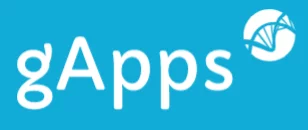Ad-funded drug apps on the rise
The popularity of smartphone app technology within the pharmaceutical industry is growing, and while some prefer to pay to receive services ad-free, an increasing number of US medical professionals are opting for a different business model.
Epocrates, the app that provides information on drug dosage, side effects and interactions, has seen a rise in the uptake of its free ad-funded version.
According to reports, plans for its development include a virtual sales rep for pharmaceutical companies to showcase their new products.
Pharmaceutical giants such as Pfizer have already recognised the importance of putting their products literally ‘in the hand’ of the medical professionals within smart devices. Not only is this a more direct and measurable form of sales, but it can also create a better return on investment long term.
While the marketing messages offered in the free version of Epocrates will need to be refined to become more relevant to the user (as they currently have to be filtered to get to the information requested), the launch of this type of app introduces a new business model into the increasing mix of medical apps available.
Medical portal InPharm recently counted a total of 39 apps produced by the 11 largest pharmaceutical companies, across various markets and target groups.
Like Epocrates, the key to the success of smartphone apps will be the extent to which developers meet the needs of the specific medical groups by providing relevant content and timely propositions, so that an ad-funded business model doesn’t hinder their ability to access information they need to help their patients.
